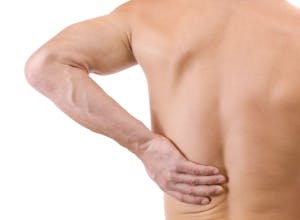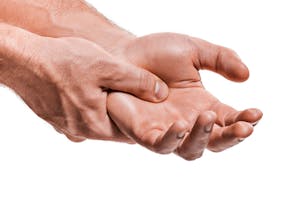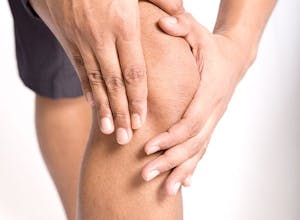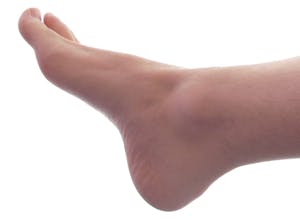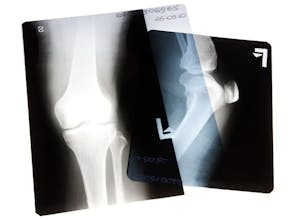-
Neck Pain
A Reputation for Quality
Our therapists at Pillsbury Physical Therapy are highly trained to provide quality care for head and neck pain. A thorough initial evaluation helps us identify movement dysfunction that can be addressed with patient education, manual techniques, therapeutic exercise, and modalities. Regular reassessment provides reassurance that we are always working to achieve patient goals in a cost-effective manner.
Priority One – Pain Relief
Severe head & neck pain can be disabling. For this reason, our first priority is pain relief. Treating the underlying causes of identifiable movement dysfunction is the next step toward achieving long-term relief and recovery.
A Hands-on Approach
Hands-on techniques, in most cases, are an essential part of a successful head and neck pain treatment program. Our therapists are equipped with cutting-edge manual skills to assist with the recovery of range of motion, reestablish correct movement patterns, and alleviate muscle related pain and tightness. Coupled with patient education and therapeutic exercise, the results can be dramatic and long lasting.
Evidence is Our Guide
Medical research is continuously providing the clinicians at Pillsbury Physical Therapy with “current best-evidence” guidance so we are equipped to provide the state-of-the-art care to our community members. We look to systematic reviews and random controlled trials to help guide us in the delivery of state-of-the-art care. Coupled with regular attendance to continuing education courses, Pillsbury Physical Therapy has a reputation for providing a high quality service to those in need of head and neck pain rehabilitation.
Physical Therapy for Neck Pain
Visit our Medical Library for more information on neck pain.
Are you suffering from neck pain?
Call us today to set up an appointment! -
Shoulder PaiN
The shoulder is the most mobile joint in your body. It is a ball and socket joint made up of 3 bones held in place by muscles, tendons and ligaments. These three bones are:
- Upper Arm (Humerus)
- Shoulder Blade (Scapula)
- Collarbone (Clavicle)
Because of its extreme mobility, the shoulder is highly prone to injury. Some causes of shoulder pain include:
- Arthritis - inflammation to the shoulder joint.
- Frozen Shoulder (Adhesive Capsulitis) - when the shoulder is stiff, painful and has limited motion in all directions.
- Shoulder Dislocation / Instability - when the upper arm bone pops out of the cup-shaped shoulder socket (glenoid). A partial dislocation (sublaxation) occurs when the upper arm is partially out of the socket. Both conditions cause pain and shoulder unsteadiness.
- Shoulder (A-C Separation) - stretching or tearing of the ligaments connecting the collarbone and shoulder blade.
- Shoulder Fractures - broken bone in the shoulder.
- Rotator Cuff Tendinitis / Tear - inflammation (tendinitis) of one or more rotator cuff tendons or a tear that is typically caused by repetitive overhead motions.
- Superior Labrum Anterior to Posterior (SLAP) Tear - injury to the labrum of the shoulder (ring of cartilage that surrounds the socket of the shoulder joint).
- Shoulder Impingement - rotator cuff tendons or bursa are trapped and compressed during shoulder movements.
- Bursitis - inflammation of one or more bursae.
- Tendinitis - inflammation or irritation in the cord-like structure (tendon) attaching muscle to bone.
- Cervical Radiculopathy - pinched nerve in the neck.
- Whiplash - injury to ligaments and muscles in the neck.
- Herniated Disc / Slipped Disc / Ruptured Disc - the outer perimeter of the disc (annulus) in the spine is cracked or torn and part or all of the soft gelatinous part of the center core (nucleus pulposus) ruptures out.
Shoulder pain due to cervical radiculopathy, whiplash and herniated discs is actually referred pain from the neck. Shoulder pain can also result from gallbladder disease (referred pain to the right shoulder) or even a heart attack (referred pain typically to the left shoulder).
Physical Therapy for Shoulder Pain
Visit our Medical Library for more information on shoulder pain.
Are you suffering from shoulder pain?
Call us today to set up an appointment!


